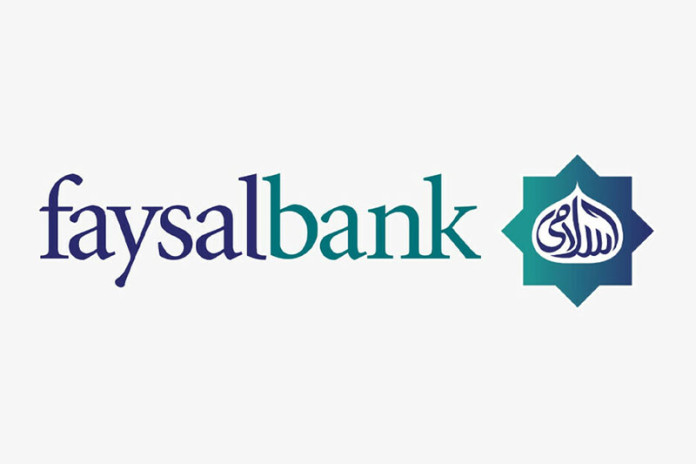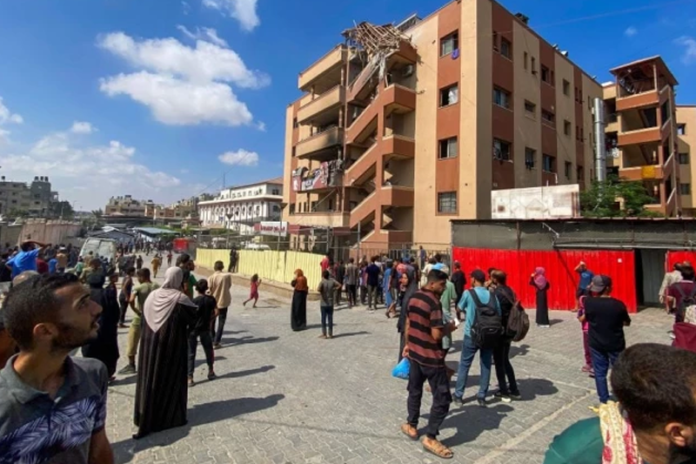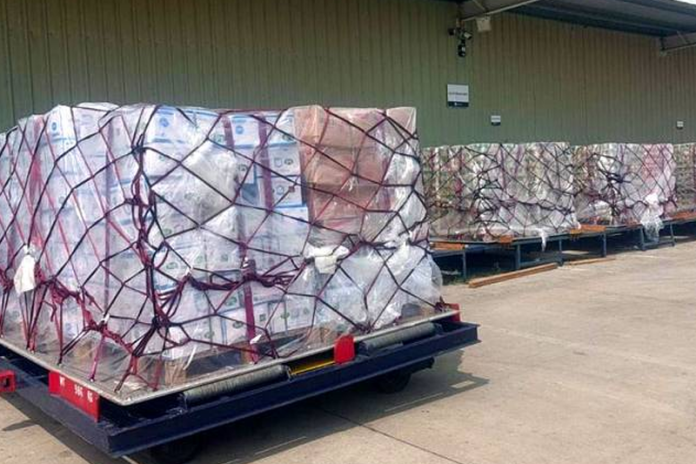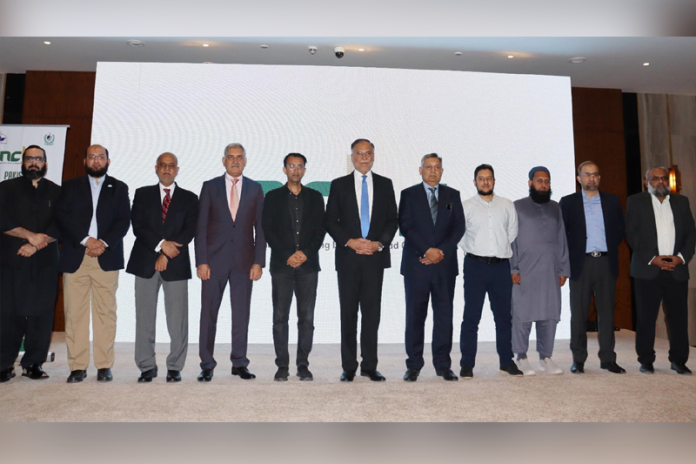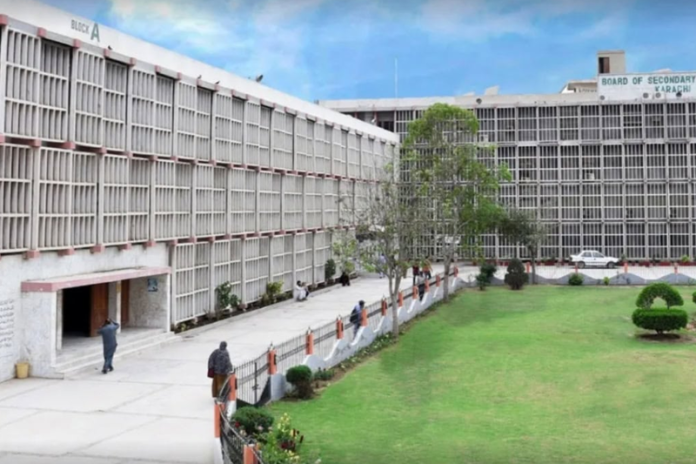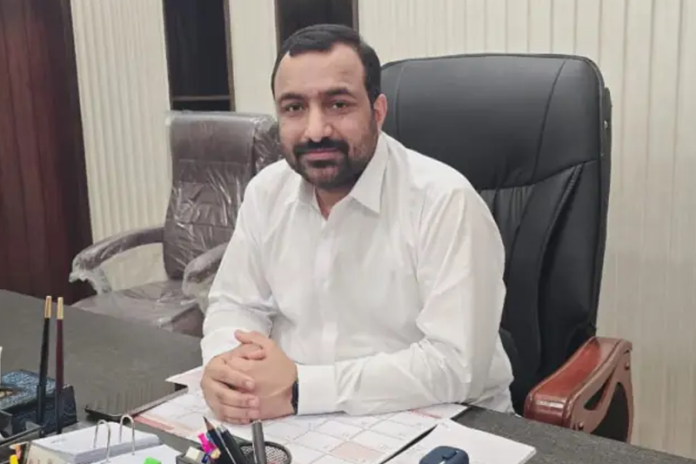‘Pakistan Economy Dashboard’ unveiled to enhance transparency

- 278
- 0
ISLAMABAD: In a significant move aimed at bolstering economic governance and transparency, the Minister for Finance and Revenue, Senator Muhammad Aurangzeb, announced the launch of the Pakistan Economy Dashboard (PED) in Islamabad.
This initiative promises to revolutionize how stakeholders access and analyze economic data, and it was unveiled at a ceremony attended by various dignitaries, researchers, and media representatives. The announcement comes at a time when Pakistan faces pressing economic challenges, and the need for informed decision-making is more critical than ever. During the launch, Senator Aurangzeb emphasized the critical role of data in today’s economy, likening it to the new oil. He asserted, The point is what you do with that data, underscoring the importance of effective data transformation through analytics. The PED aims to serve as an interactive platform that not only provides data but also allows for in-depth analysis, facilitating better decision-making across sectors.
.This focus on data-driven governance is intended to improve the overall quality of economic policies and enhance stakeholder engagement. The finance minister also called for collaboration with academia, research institutions, and think tanks to conduct analyses and provide constructive suggestions. He indicated that such analyses could focus on various pressing issues, including fiscal reforms, tax policies, public expenditure, and macroeconomic stability. By fostering a collaborative environment, the government aims to create a platform for diverse perspectives and insights, which can help shape more effective economic strategies.
Discussing the role of technology, Senator Aurangzeb highlighted successful outcomes wherever technology has been effectively applied, citing the Federal Board of Revenue as a notable example of effective vertical automation. However, he acknowledged that the Digital Pakistan initiative had not progressed as anticipated due to a lack of horizontal integration, resulting in fragmented and disconnected data. This lack of integration has been a significant barrier to achieving the full potential of digital initiatives in the country. To address these challenges, he stressed the need to establish a robust national identity by integrating all components within a centralized national identity platform. By ensuring a streamlined and cohesive identity framework, the government aims to facilitate smoother transactions and foster greater economic activity.
The integration of a centralized identity platform is seen as essential for creating a trustworthy environment where data can flow seamlessly among various entities, ultimately enhancing service delivery in both public and private sectors. Senator Aurangzeb’s vision includes encouraging the banking sector to lend more to the private sector, which he believes should be the primary driver of economic growth. Implementing energy sector reforms is equally vital, as Pakistan has long struggled with energy shortages and inefficiencies that hamper industrial productivity. By addressing these challenges, the government can create a more reliable energy supply, which is essential for attracting both domestic and foreign investment. Reforming state-owned enterprises is also on the agenda, as many of these entities have historically been sources of financial drain rather than assets. Privatization efforts are intended to increase efficiency, reduce fiscal burden, and generate revenue that can be utilized for developmental projects.
The introduction of the Pakistan Economy Dashboard is expected to play a pivotal role in enhancing the quality of economic governance in the country. As stakeholders utilize this platform for informed analysis and decision-making, it could pave the way for a more resilient and stable economic future for Pakistan. By facilitating greater transparency and accessibility of economic data, the PED aims to empower citizens and institutions alike, creating a more informed public discourse around economic policies and initiatives. The platform is expected to cater not only to government officials and policymakers but also to the general public, thereby democratizing access to important economic information. Moreover, the introduction of the Pakistan Economy Dashboard aligns with global trends toward data-driven governance. Many countries are increasingly recognizing the value of utilizing data analytics to enhance decision-making processes. As Pakistan embraces this trend, the PED could serve as a model for other nations looking to improve their economic governance frameworks. The potential for collaboration with international organizations and other countries that have successfully implemented similar platforms could further enhance the effectiveness of the dashboard.




